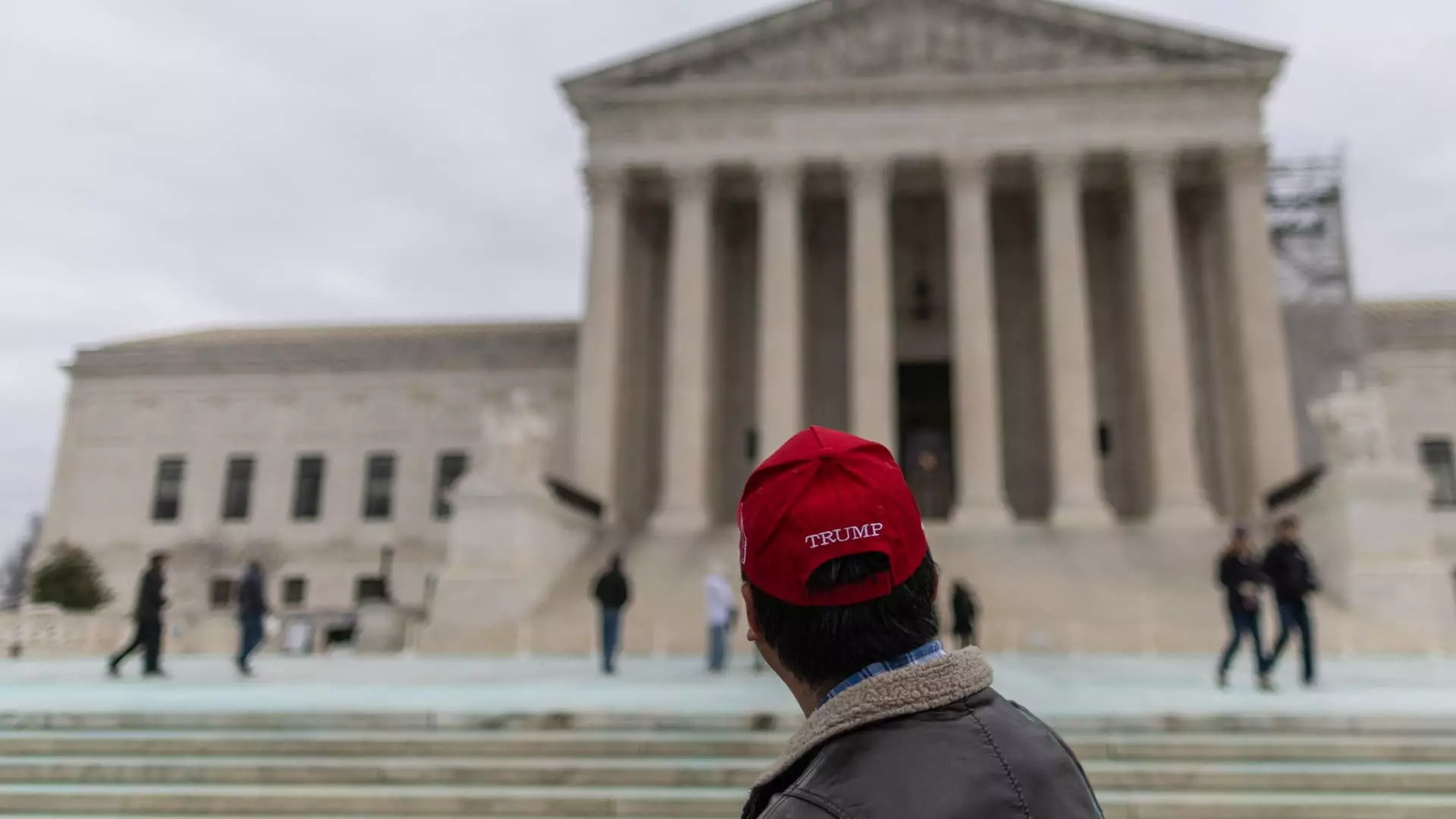In a striking legal battle that underscores the tensions between executive power and whistleblower protection, the Trump administration has made a controversial appeal to the Supreme Court. The case centers on the firing of Hampton Dellinger, who led the Office of Special Counsel (OSC)—an agency designed to shield federal employees from persecution for reporting misconduct. This unprecedented move signals a broader ambition by the administration to reshape federal oversight and challenge established norms concerning civil servant protections.
Dellinger’s removal has raised pressing questions about the boundaries of executive authority. According to legal filings, he contends that the law restricts dismissal to cases involving professional misconduct—none of which were mentioned in the communication terminating his position. His tenure began under a Democratic administration, and his confirmation by the Senate ensured a five-year mandate. The OSC is particularly critical in the current climate, where reports indicate a surge in retaliatory firings within the federal workforce. Dellinger has asserted that his office’s mandate is crucial during times characterized by tension and upheaval, where safeguarding civil service protections is paramount.
The Trump administration is framing Dellinger’s temporary reinstatement as an infringement on executive power. In its petition to the Supreme Court, the administration invokes a previous ruling that granted Trump immunity from criminal prosecution, suggesting a tendency towards expansive interpretations of executive authority. The administration argues that the court’s order impedes its ability to execute policies freely, echoing a broader philosophy that prioritizes executive discretion over statutory limits imposed by Congress.
This case is set against a backdrop of significant changes in the federal landscape, where the Trump administration has undertaken a profound reshaping of various agencies. Dellinger’s firing is emblematic of a more extensive strategy to streamline the federal workforce, often at the expense of long-standing protections for civil servants. The risk posed by such actions is substantial: they not only undermine the integrity of whistleblower systems but also potentially create an environment where misconduct may go unreported due to fear of retaliation.
Legal analysts have expressed alarm over the implications of the administration’s appeal. Many argue that this case could set a dangerous precedent for the treatment of independent agencies, eroding their ability to perform their functions without fear of political reprisal. Such a development might embolden future administrations to bypass traditional checks and balances, raising fundamental questions about accountability in government. Whistleblower protection typically represents a nonpartisan interest, and politicizing such mechanisms could jeopardize transparency in governmental dealings.
With the appeal now resting in the hands of a conservative-majority Supreme Court, observers are keenly anticipating how the justices will respond. The court’s decision could either reinforce the doctrine of executive power or uphold the integrity of independent oversight mechanisms. If the justices choose to hear the case after the holiday recess, it could pave the way for a critical ruling on the nature of executive authority and its limits, particularly in relation to administrative roles designed to protect the workforce.
As the Supreme Court deliberates the merit of this appeal, the outcome will undoubtedly resonate far beyond the immediate parties involved. The implications of the court’s decision may redefine the balance between civil service protections and presidential authority, reflecting the ongoing struggle between governance and accountability. With the protection of whistleblowers at stake, the legal community and public alike await a resolution that could either bolster the safeguards against retaliation or signal an alarming shift toward unchecked executive power.

